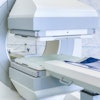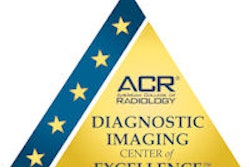The Medical Imaging and Technology Alliance (MITA) is highlighting two studies that found that consumers place considerable value on information from diagnostic imaging.
The first study, published in Value in Health on June 10, concluded that people tend to be willing to pay more for test information if they have higher perceived disease risk (such as a family history) or more severe conditions without a controllable risk factor. Higher income, more education, and more accurate tests are also associated with greater "willingness to pay."
The study corroborated a Harris Interactive survey that found the vast majority (92%) of those in the U.S. agreed that knowing exactly what is wrong with their health is as important as having access to a doctor in the first place.
Also, nearly four in five Americans (78%) would want to have a test performed to diagnose a disease even if there is no treatment or cure available. Moreover, according to the survey findings, almost nine in 10 Americans (87%) agree that ruling out a diagnosis can save money on costly treatments that may be unnecessary.
"Policymakers ought to take note of these findings when making decisions that will impact their constituents' access to medical imaging services," said Gail Rodriguez, executive director of MITA. "Unfortunately, policies such as the medical device excise tax, Medicare reimbursement cuts, and prior authorization requirements continue to threaten patient access to these diagnostic tools and undercut the benefits of early detection."
The Value in Health article was based on a review of 66 published "willingness-to-pay" articles on diagnostic technologies and was funded by GE Healthcare. The Harris Interactive survey was conducted online on behalf of Siemens Healthcare from April 9 to 11, 2013, among 2,222 U.S. adults ages 18 and older.



















